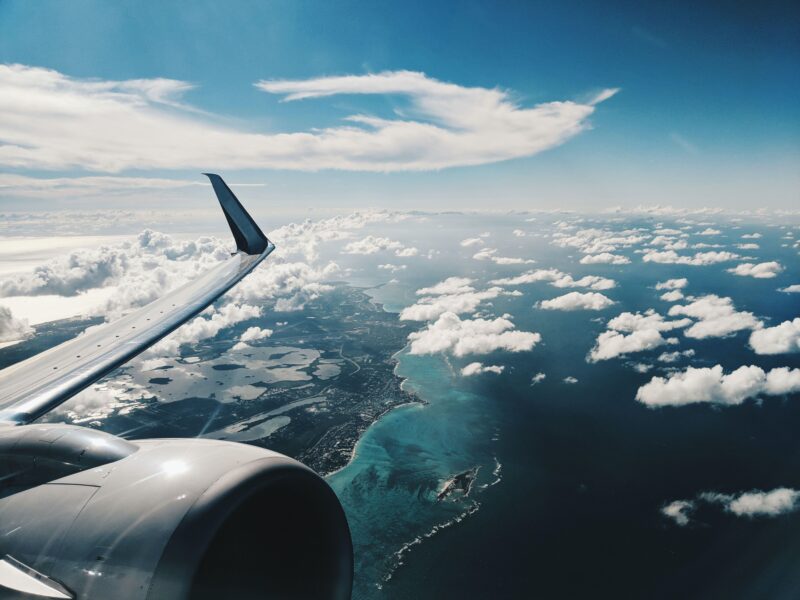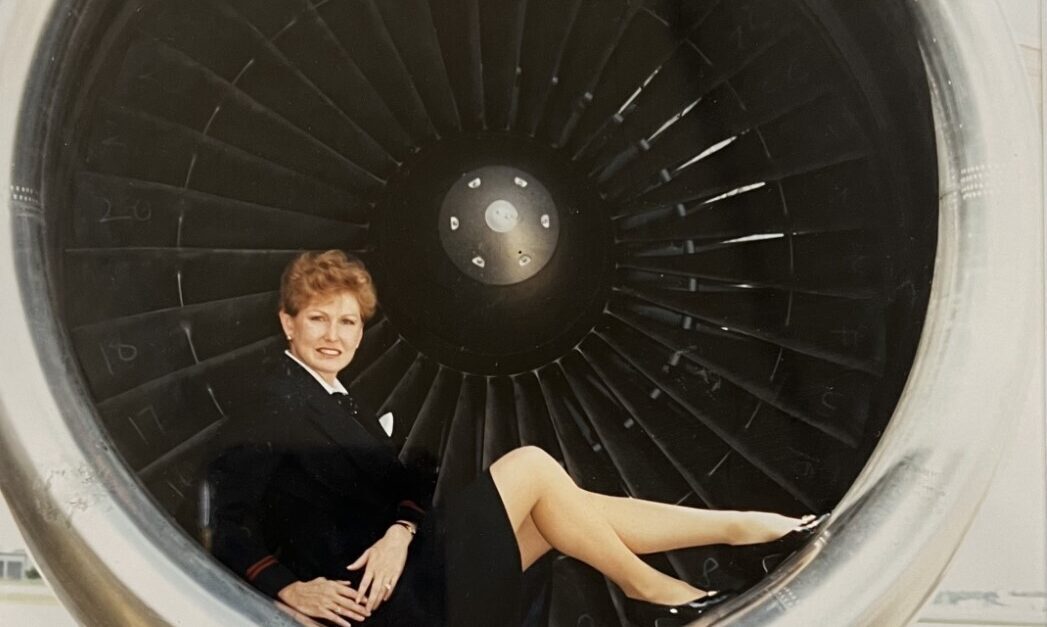
Flying Insider Information with Pam and Michelle
After a combined 30 years working for various airlines, it comes to no surprise that our Reservations Coordinator Pam and Tour Planner Michelle have a wealth of knowledge when it comes to flying. We asked Pam and Michelle to share some of the best “insider” tips they learned while working for airlines so we could share them with all of you! We hope these tips help you feel more comfortable and confident on your next trip.
Q&A With Pam and Michelle
What is your favorite airline?
Pam: "Because of their refund and change policy, I have to say Southwest. If my plans change last minute, I'm able to move my flight without any problems right from the website or app. Also, keep in mind you can often buy a $500 Southwest gift card at Costco for $450! It's a great savings."
Michelle: "I tend to fly Southwest the most as it provides great flight options out of my local airport. Between their included snacks and drinks on the plane, and their two free bags, it's hard to beat! Delta is also a favorite - their customer service and stylish airport lounges are top rated."
Should I be worried about turbulence?
Pam: "Statistically, planes are one of the safest modes of transportation and up to 20x safer than being in a car. It might be a bit uncomfortable, but your plane is built to handle it and you shouldn't be concerned - although we understand it feels unsettling. If you're scared of flying and the bumps of air travel bother you, sit near the back of the plane for the smoothest ride."
What should I do when my flight gets canceled? Do certain airlines help you navigate this process better than others?
Michelle: "If your flight has been canceled at the airport, the first thing you want to do is get in the customer service line. Then, it's best to call your airline's customer service number while you wait. You can often get ahold of someone on the phone faster than you can reach the front of the line. Also, when traveling on a “discount” carrier like Spirit, Frontier, or Southwest, you should understand that if they cancel your flight, they will only rebook you on their airline - you will not be given the option to fly with another carrier. When traveling on the major airlines like United, Delta, American, etc., they have the ability to rebook you on any other airline, giving you more options to get to your destination faster."
How much time should folks have as a buffer between flights?
Pam: "You should give yourself one hour buffer between domestic flights in case your flight is late inbound. Even if your first flight is on time, it's important to consider some airports are quite large and the walk between gates will take time. As a good rule of thumb, one hour will help ensure you don’t feel rushed."
What types of snacks and beverages would you suggest for the plane?
Michelle: "Many airlines don’t offer many food options unless you're on a long flight, so I always suggest bringing your own snacks onboard. You can easily bring something from home in your carry-on bag and a refillable water bottle that can be filled once through security. If you are prone to nausea or bloating, drinking a carbonated beverage on a flight can exacerbate the feeling due to the decrease in barometric pressure."
How can you lower the risk of losing luggage?
Pam: "Although it's a common fear, lost luggage is actually pretty uncommon and the chance of getting any lost luggage back is very good. Of all the bags transported via airlines each year, less than 1% are lost, delayed or damaged. To be the best prepared, I recommend having your contact information on BOTH the outside and inside of your bag. I put a sheet of paper with my name, address, phone, and email inside my bag right at the top so it’s visible incase my luggage tag comes off in transit. In recent years, bluetooth trackers have become increasing popular! For example, if you have an iPhone, you can buy an Air Tag for less than $30 and toss the coin shaped device into your luggage. It will update your iPhone on its location, so you'll always know exactly where your bag is in real time with detailed precision."
What items should you keep in your carry-on?
Michelle: "You should always keep the more obvious things like your ID, phone, and phone charger on you. One of the biggest mistakes I've seen people make is packing their car keys and medications in a checked bag. If that bag would happen to get lost or delayed, it might be a few days before your bag catches up with you. Imagine getting to the airport and not having your keys to drive home, or arriving at your vacation without your medication. Prevent any future panic by just keeping these items with you at all times in your carry-on."
Should you use third parties like Orbitz or Expedia when booking flights? What risks could be associated with this?
Pam: "Third party sites are good for finding options, but it’s always best to book directly from the airline or hotel website. You can find the rates, and the airline is more apt to help you if you booked directly versus using a third party site."
How can you reduce the effects of jet lag?
Michelle: "The main key in helping reduce jet lag on long flights is to stay hydrated and periodically stretch your legs to improve circulation. Put your carry-on at your feet so you can use it to prop up your legs! I also suggest that travelers try to adjust their daily time schedules for a few days prior to the trip if possible. Even 30 minutes for a few days prior to the trip will help. You should also try to take a nap before landing so you can enjoy your arrival in a new city."
Pam's #1 flying tip:
"Take aspirin to avoid your ears plugging up while on a flight. Just make sure it's Aspirin, not Tylenol!"

Michelle's #1 flying tip:
"Give yourself plenty of time. On most carriers, the boarding door closes 10-15 minutes before the scheduled departure time and can’t be reopened once closed."
